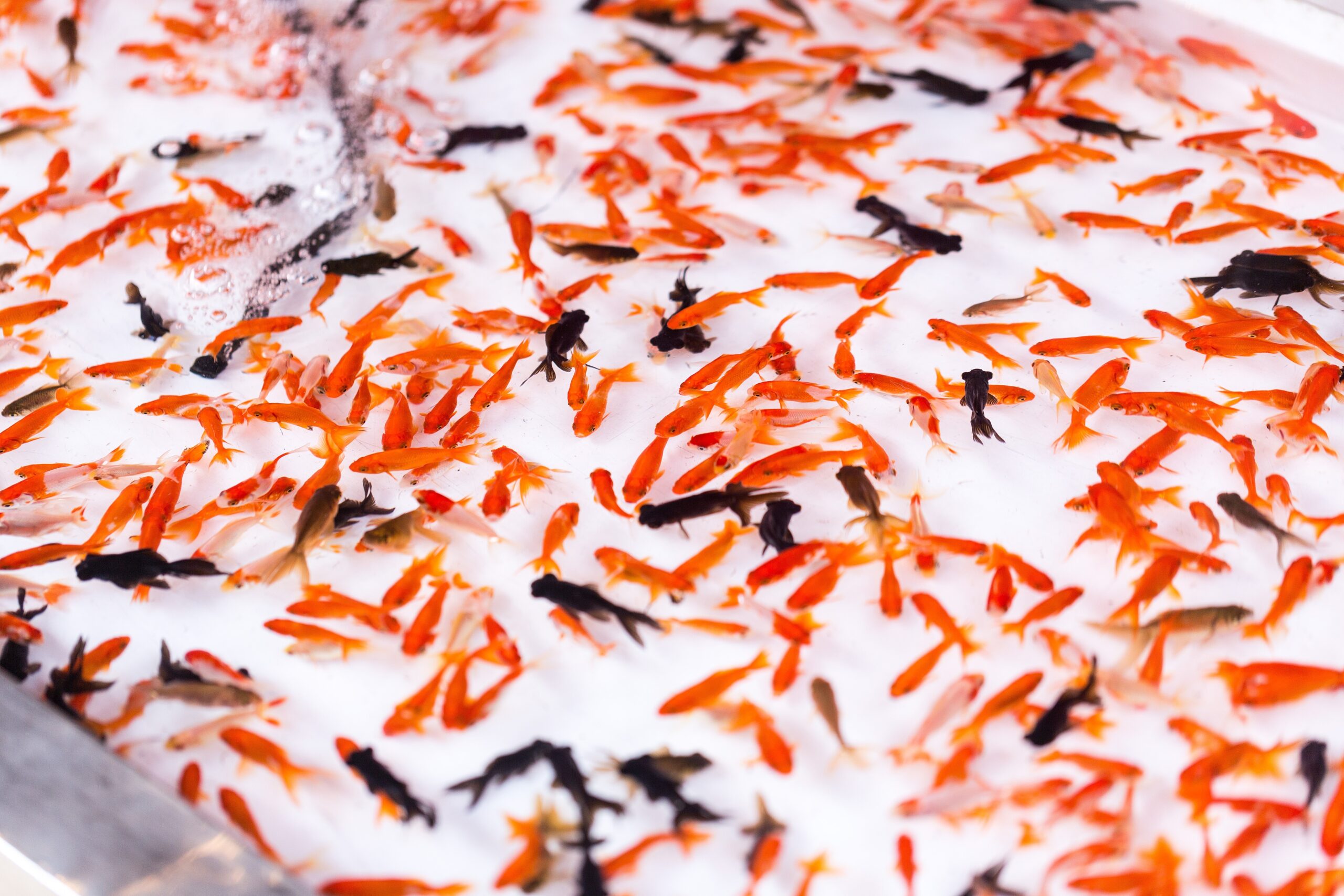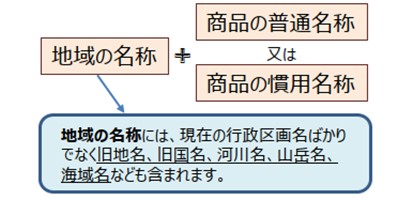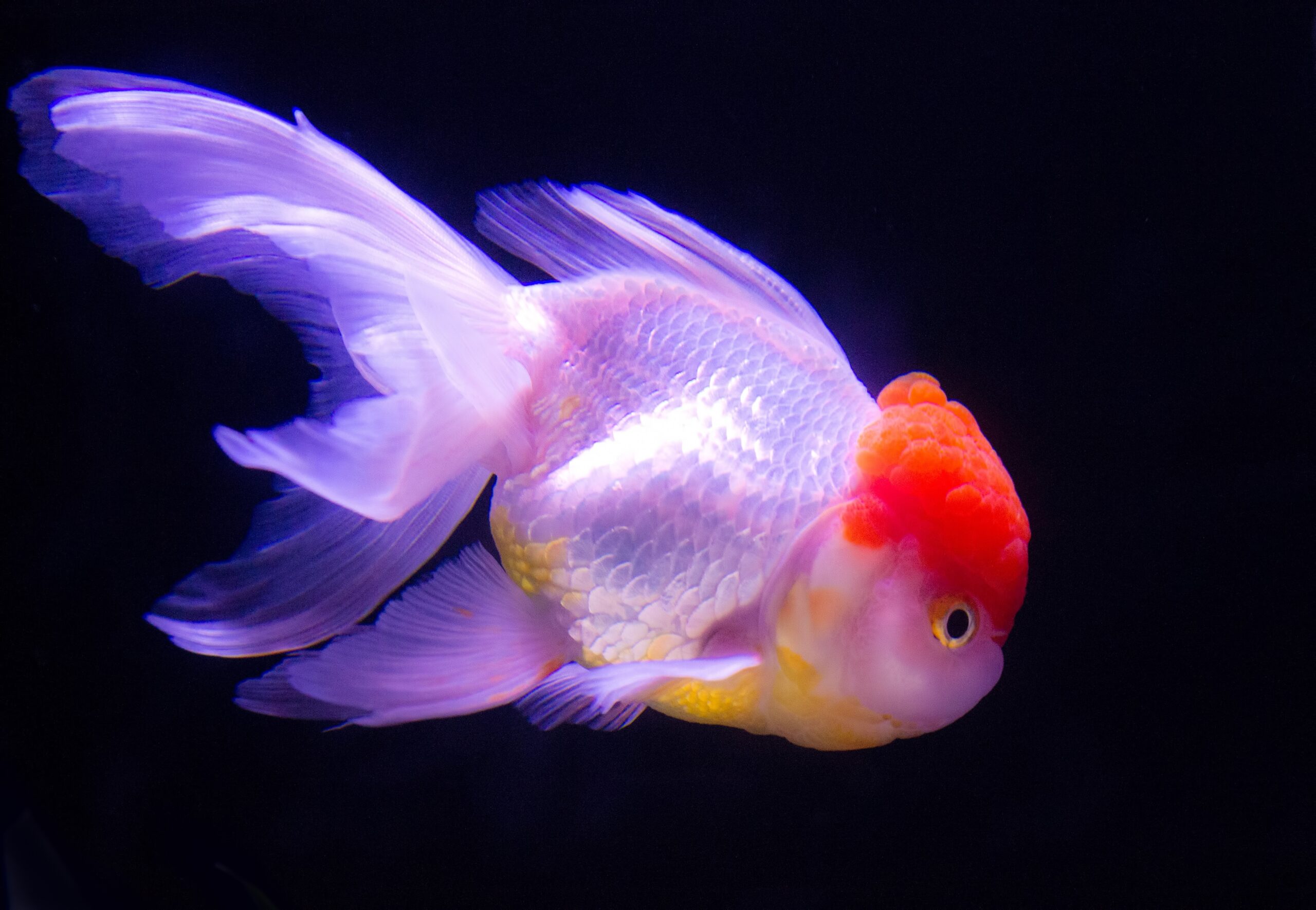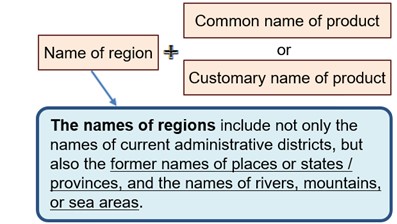目次
8月号【法務】ニュースレター

経済産業省、「コンテンツ制作のための生成AI利活用ガイドブック」を公表
経済産業省は、2024年7月5日、ゲーム、アニメ、広告などコンテンツ産業における生成AIの適切な利活用の方向性を示す「コンテンツ制作のための生成AI利活用ガイドブック」を公表した。
ガイドブックは、2024年6月時点でのゲーム産業、アニメ産業及び広告産業における生成AIの利活用ケースと、各産業における生成AIの活用シーンごとの留意点や対応策を紹介し、知的財産権(著作権、意匠権や商標権)等の権利・利益の保護に十分に配慮した、コンテンツ制作における生成AIの適切な利活用(大量のデータ処理、作業の効率化、新たなクリエイティビティの創出など)の方向性を示すものである。
ガイドブックは、生成AIを利用したコンテンツ制作の企画・検討や、利用する生成AIサービスの選択、リーガルチェック、生成AIの利用に関する社内ガイドラインの作成などに活用されることが期待されており、コンテンツ制作に携わるすべての企業やクリエイターにとって必携の資料となり得るものである。

<参考URL>
経済産業省HP「コンテンツ制作のための生成AI利活用ガイドブック」を公表しました」
https://www.meti.go.jp/policy/mono_info_service/contents/aiguidebook.html
コンテンツ制作のための生成AI利活用ガイドブック
https://www.kantei.go.jp/jp/singi/titeki2/chitekizaisan2024/pdf/siryou1.pdf
特許庁:【地域団体商標】登録案件一覧と制度の概要について
2024年6月12日、特許庁は地域団体商標登録案件一覧を更新した。
最新の登録案件
・商標登録第6793189号 湘南オリーブオイル(しょうなんおりーぶおいる)
・商標登録第6795974号 尾花沢そば(おばなざわそば)
・商標登録第6797506号 乳頭温泉郷(にゅうとうおんせんきょう)
都道府県別の登録案件一覧は下記より確認できる。
https://www.jpo.go.jp/system/trademark/gaiyo/chidan/shoukai/ichiran/index.html
地域団体商標登録について、制度概要は下記のとおり。
制度概要
地域の産品等についての事業者の信用の維持を図り、「地域ブランド」の保護による地域経済の活性化を目的とした制度であり、「地域の名称」+「商品名称」からなる文字商標の登録要件を緩和する制度である。
登録を受けることができる商標の構成
「地域の名称」と「商品(サービス)名」の組合せからなること

[注意点]
・商標が文字のみであること
・商標の構成文字が図案化されていないこと
・商標全体が普通名称でないこと
登録するための4つのポイント
(1) 主体的要件
地域団体商標の出願人として認められるのは、事業協同組合・その他の特別法により設立された組合(農業協同組合など)・商工会・商工会議所・特定非営利活動(NPO)法人とこれらに相当する外国法人に限られる。
(2) 団体の構成員に使用させる商標であること
(3) 地域の名称と商品(サービス)に関連性があること
※地域の名称 = 商品の産地
(4) 一定の地理的範囲である程度有名であること(周知性)
※出願団体又はその構成員の使用により、一定の地域で、需要者(最終消費者又は取引事業者)に知られていることが客観的事実(販売数量、新聞報道など)によって証明できることが必要。
出典:「地域団体商標登録案件一覧」(特許庁)
URL: https://www.jpo.go.jp/system/trademark/gaiyo/chidan/shoukai/ichiran/index.html
出典:「地域団体商標制度とは」(特許庁)
https://www.jpo.go.jp/system/trademark/gaiyo/chidan/t_dantai_syouhyo.html
(2024年7月10日に利用)
※一部当所にて加工して作成
フリマサイトの種苗出品について規制強化の動き 農林水産省
近年、品種登録された種苗を、育成者権者の許諾を得ずに、個人間で商品を売買するフリマサイト等に出品する不正取引が多発している。
このため、フリマサイトへの匿名の出品を制限し、輸出目的で種苗を保管する業者には刑事罰の適用を想定する等、農林水産省が規制強化を検討していることが分かった。また、有識者会議からは、輸出目的の保管行為についての刑事罰適用、取引を追跡できる枠組みの整備等について提言されている。
また大手フリマサイトでも、種苗法違反の可能性がある種苗を出品しようとすると警告画面が表示される等の対策を始めている。
以下は農林水産省のホームページに掲載されている事例である。
https://www.maff.go.jp/j/shokusan/syubyouhou/tane_matte.html
〇品種 ブドウ品種「シャインマスカット」 〇概要 |
〇品種 ブドウ品種「ナガノパープル」 〇概要 |
〇品種 いちご品種「東京おひさまベリー」 〇概要 |
種苗法に基づく品種登録制度は、新たに開発した優良な植物の新品種を、農林水産省に登録することにより、育成者の権利を保護し、新品種の育成の振興を図る制度である。育成者権者は、業として登録品種等の種苗、収穫物及び一定の加工品を利用する権利を専有する。したがって、育成者権者以外の人は育成者権者の許諾を得なければ登録品種等を栽培したり販売したりすることはできない。故意に育成者権を侵害した場合には、10年以下の懲役若しくは 1,000万円以下の罰金、又はその両方が科せられる。
Newsletter translated into English

Ministry of Economy, Trade and Industry releases “Guidebook for Content Creation Using Generative AI”
On July 5, 2024, the Ministry of Economy, Trade and Industry (METI) published the “Guidebook for Content Creation Using Generative AI” which provides direction for appropriate utilization of generative AI in the content creation industry, including games, animation, and advertising.
The Guidebook introduces cases in which generative AI has been utilized in the game, animation, and advertising industries as of June 2024, as well as points to keep in mind and measures to be taken for each scenario in which generative AI is used in each industry. It provides directions for appropriate use of generative AI in content creation (e.g., mass data processing, work efficiency, creation of new creativity), with full consideration for protection of intellectual property rights (copyright, design rights, and trademark rights) and other rights and interests. The report also provides direction for the appropriate use of generative AI in content creation (e.g., mass data processing, work efficiency improvement, and giving rise to new creativity), while giving due consideration to the protection of intellectual property rights (copyrights, design rights, trademarks, etc.) and other rights and interests.
The guidebook is expected to be used for planning and reviewing content production using generative AI, selecting a generative AI service to use, conducting legal checks, and creating in-house guidelines for the use of generative AI, etc. It is likely to be a must-have resource for all companies and creators involved in content creation.

<References>
Ministry of Economy, Trade and Industry Website: Publication of “Guidebook for Content Creation Using Generative AI”
https://www.meti.go.jp/policy/mono_info_service/contents/aiguidebook.html
Guidebook for Content Creation Using Generative AI
https://www.kantei.go.jp/jp/singi/titeki2/chitekizaisan2024/pdf/siryou1.pdf
JPO: List of Registered Regional Collective Trademarks and Overview Of Regional Collective Trademark System
On June 12, 2024, the JPO updated the list of registered Regional Collective Trademarks.
Latest Registered Cases
Trademark Registration No. 6793189: Shōnan Olive Oil
Trademark Registration No. 6795974: Obanazawa Soba
Trademark Registration No. 6797506: Nyutō Onsenkyō
A list of registered cases listed by prefecture can be found below.
https://www.jpo.go.jp/system/trademark/gaiyo/chidan/shoukai/ichiran/index.html
The following is an overview of the system for registering a Regional Collective Trademark.
Outline of the System
The purpose of the system is to maintain business confidence in local products and to revitalize the local economy through the protection of local brands. The system relaxes the registration requirements for standard character trademarks consisting of a region name plus a product name.
Composition of trademarks for which registration may be obtained
A trademark must consist of a combination of the name of the region and the name of the product (service).

[NOTES]
The trademark must be in standard characters only.
The letters composing the trademark may not be stylized.
The trademark as a whole must not be a common name.
Four points for registration
(1) Subjective requirements
Only business cooperatives, associations established under other special laws (such as agricultural cooperatives), commerce and industrial associations, chambers of commerce and industry, non-profit organization (NPO) corporations and their equivalent foreign corporations are eligible to apply for a regionally based collective trademark.
(2) Members of the organization must be permitted to use the trademark.
(3) There must be a connection between the name of the region and the product (service).
* Name of the region = Place of origin of the product
(4) The mark must be famous to some extent within a certain geographical area (well-known)
* It must be provable by objective facts (sales volume, newspaper reports, etc.) that the mark is known to consumers (end consumers or traders) in a certain region as a result of use by the applicant organization or its members.
Source: “List of Registered Regional Collective Trademarks” (Japan Patent Office)
URL: https://www.jpo.go.jp/system/trademark/gaiyo/chidan/shoukai/ichiran/index.html
Source: “What is the Regional Collective Trademark System?” (Japan Patent Office)
https://www.jpo.go.jp/system/trademark/gaiyo/chidan/t_dantai_syouhyo.html
(Utilized on July 10, 2024)
*Partially processed by our firm
Ministry of Agriculture, Forestry and Fisheries Moves to Tighten Regulations Regarding Sale of Seeds and Seedlings on Flea Market Sites
In recent years, there have been many cases of unauthorized transactions in which registered varieties of seeds and seedlings are sold on flea market sites where goods are bought and sold between individuals without the permission of the holders of breeding rights.
To this end, the Ministry of Agriculture, Forestry and Fisheries (MAFF) is considering strengthening regulations, such as restricting anonymous listings on flea market sites and envisioning the application of criminal penalties to companies that store seeds and seedlings for export purposes. The expert panel also recommended the application of criminal penalties for the act of storage for export purposes and the development of a framework for tracking transactions.
Major flea market sites have also begun taking measures such as displaying a warning screen when an attempt is made to sell seeds and seedlings that may be in violation of the Seeds and Seedlings Law.
The following examples are from the website of the Ministry of Agriculture, Forestry and Fisheries.
https://www.maff.go.jp/j/shokusan/syubyouhou/tane_matte.html
– Variety: Grape variety “Shine Muscat” – Overview: |
– Variety: Grape variety “Nagano Purple” – Overview: |
– Variety: Strawberry variety “Tokyo Ohisama Berry” – Overview: |
The plant variety registration system under the Plant Variety Protection and Seed Act is a system to protect the rights of breeders and to promote the breeding of new varieties by registering newly developed superior plant varieties with the Ministry of Agriculture, Forestry and Fisheries. The holder of a breeding right has the exclusive right to exploit seeds, harvested products, and certain processed products of the registered variety, etc. in the course of business. Therefore, persons other than the holder of the breeding right may not cultivate or sell the registered variety, etc. without the permission of the holder of the breeding right. Intentional infringement of a breeding right is punishable by penal servitude of not more than 10 years or a fine of not more than 10 million yen, or both.
